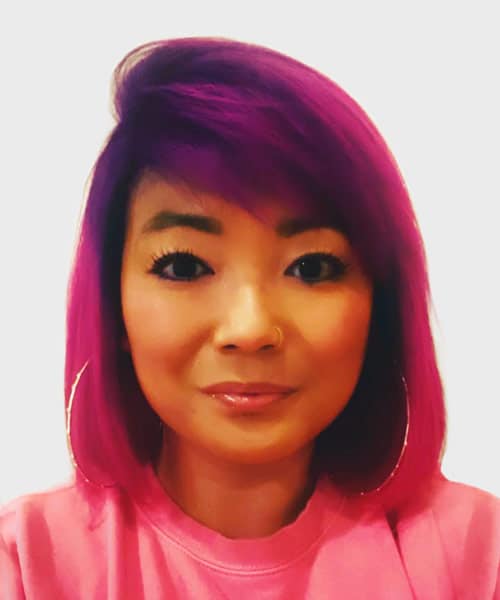How Can I Feel More Confident Addressing DEI Issues? With Comcast’s Kendra Lee

Q: What are three things you want everyone to know about how to advance diversity, equity, and inclusion in today’s workplace?
If we truly want to advance equity and build inclusion—meaning, where everyone feels valued for their uniqueness, feels safe, and that they belong—we need to take responsibility for understanding what people from marginalized and/or underrepresented experiences want and need in the workplace.
All of us have the opportunity to keep learning. Almost everyone has both privileged and marginalized identities, and it’s my responsibility to better understand the experiences of those who are different from me. That doesn’t mean asking people to take on the emotional labor to teach me, but it does mean that I am actively seeking out a plethora of resources to learn—podcasts, articles, books, Ted Talks, etc.
At Comcast NBCUniversal, our DE&I learning tagline is, “small actions drive big outcomes.” It’s everything from noticing who is and is not at the table for decision-making and speaking up about it to actively checking our biases before making talent decisions (e.g., hiring, promotions, performance reviews) to getting to know people as whole humans to build greater trust.
Q: Some people feel unsure about having conversations about diversity, equity, and inclusion. What are a few things they can do to feel more confident about it?
A couple of tips:
- Ensure that trust exists before you dive into the conversation.
- Prioritize and center the voices of those who are marginalized and/or underrepresented without turning a spotlight on them and asking them to take on additional emotional labor if they don’t want to.
- Do some research before you dive into the conversation. What can you learn on your own before you lean on others?
- Know that, even with the best of intentions, we will all make mistakes. We will misspeak; we will offend. When that happens, apologize, reflect, and keep trying! Don’t allow mistakes to stand in your way of learning and growing.
Q: We know that it is important to use inclusive language in the workplace. But that doesn’t mean we always get it right. What are a few of the most common mistakes you see people make—and how can they correct them?
Let me start by saying that language is constantly evolving and changing. We are invariably going to make mistakes, and inclusive language is like any other habit – it takes time to build. Here are a couple of easy suggestions!
- A person is not diverse, so saying things like “diverse candidate” is just fundamentally incorrect and serves only to further marginalize other people who are often assigned this label. Instead, say what you mean: “candidate from an underrepresented background” or “candidates of color.”
- To that end, “minority” is outdated and should not be used as code for “person/people of color.” A minority is about numbers, and depending on the population in a company, in a region, or in a country, a person of color may or may not be in the minority. “Minority” also dehumanizes people by explicitly tying them to numbers. Instead, try “person from a marginalized background” or “so-and-so is part of an underrepresented community in our company.”
- Don’t make assumptions about how people want to be identified. Black is more commonly accepted as the appropriate identifier than African American these days, but there are absolutely people who prefer African American. If you don’t know, don’t guess. Ask, provided that trust exists.
- “Guys” … so many of us use this word to address a group of people, and yet, it excludes women and people who are non-binary. You can easily replace it with folks, everyone, or you all.
- Finally, if you don’t know, do some research! NPR’s podcast, Code Switch, has articles about the background of offensive words, and you can often find a variety of organizations online that provide language advice.
Q: What makes you most hopeful about efforts to advance DEI in workplaces today?
I am excited to see more and more efforts put toward building an inclusive workplace culture for people from marginalized and underrepresented backgrounds and efforts that seek to actually dismantle the embedded and systemic biases that exist—spoken and unspoken—throughout organizations. Inclusion no longer means “conform to be included.” It is starting to mean everyone deserves to feel safe at work; everyone is valued for their unique backgrounds, perspectives, and experiences; everyone takes responsibility for expanding their understanding about DE&I, and everyone feels a sense of belonging.
Kendra Lee is the Senior Director of the Leadership and DE&I Portfolio at Comcast within the learning organization, ULearn. She has held a variety of roles focused on DE&I and leadership development, both in the non-profit and corporate sectors.